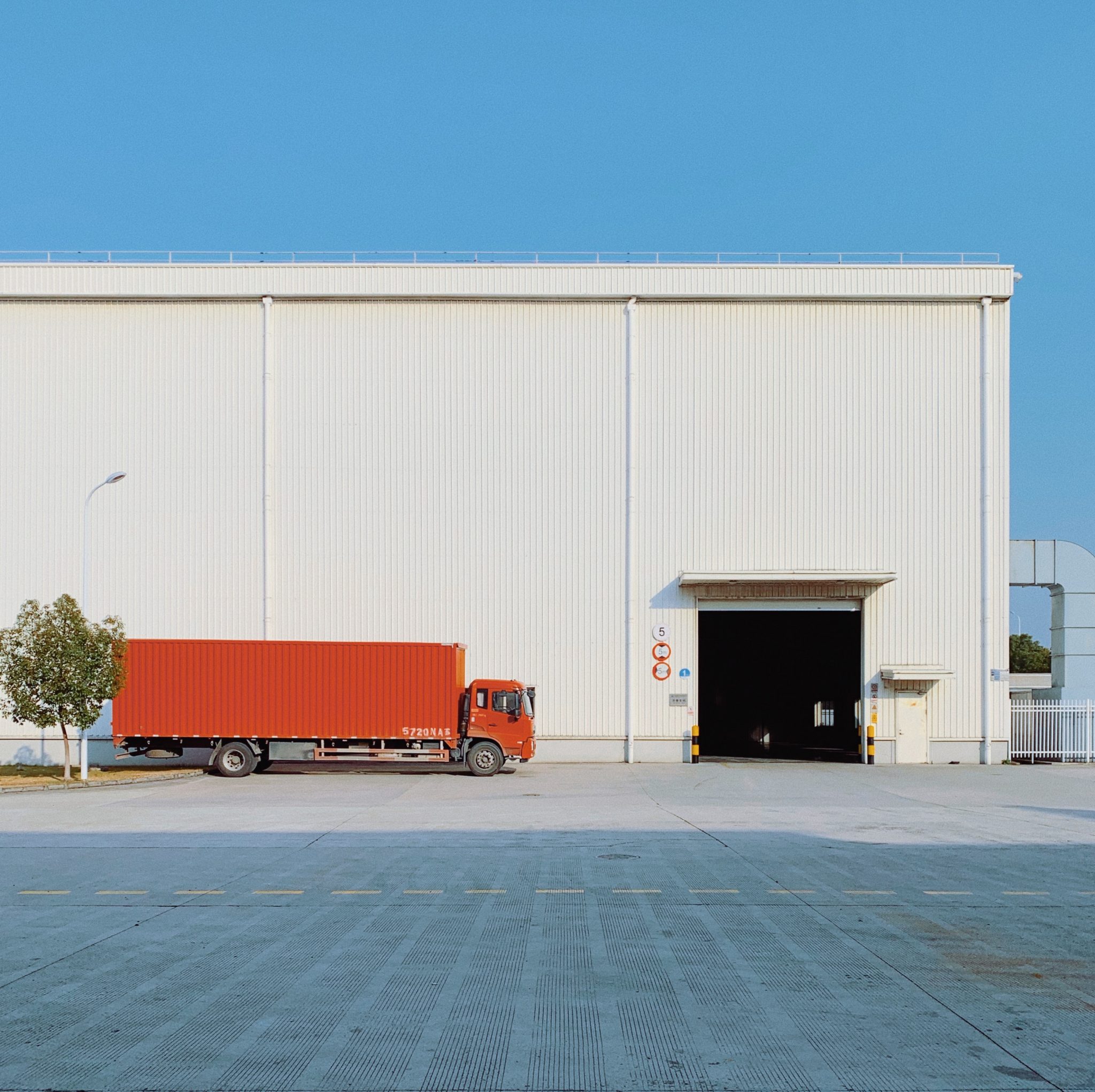The trucking industry plays an important role in keeping society functioning. During the pandemic, when lockdowns and store closures were imposed to prevent the spread of the virus, truckers continued delivering consumer goods beyond borders. Despite placing their lives at risk, the service of truckers ensured that supermarkets were well-stocked and online orders made it to the customer’s doors.
Roughly 70 percent of all consumer goods are transported by truck. In 2017 alone, trucks were responsible for moving 10.8 billion tons of freight in the United States. Moreover, the industry employs millions of truck drivers, creating nearly 6 percent of all full-time jobs across the nation.
The U.S. is highly dependent on the trucking industry. However, it is flawed. From the hours that drivers have to spend on the road to complete a delivery to the health and safety risks that drivers face every day, some things continue to be a problem.
The Environmental Impact of Trucking
Moreover, the industry contributes to air pollution and climate change. The public conception that trucks leave behind toxic exhaust everywhere it goes. While there have been improvements thanks to government regulations and advancements in vehicle technology, things can still improve.
On-road vehicles are responsible for almost 60 percent of oil consumption in the U.S. It also accounts for over a quarter of the greenhouse gas emission in the country.
According to the Environmental Defense Fund, the movement of freight is behind 16 percent of all the corporate greenhouse gas emissions.However, the importance of the trucking industry has already been stated. Other modes of transportation are either too costly or have their limitations. Trucking is the most efficient and cost-effective of all.
Improving Fuel Efficiency Leads to Savings, Lower Emissions
By lowering fuel consumption, the greenhouse gas emissions from the trucking industry can be drastically reduced. Over the years, manufacturers of trucks and parts have made strides toward improving fuel efficiency and minimizing greenhouse gas emissions.
Cummins, a manufacturer of engines, has innovated to implement enhancements that enable its products to meet requirements set by the U.S. Environmental Protection Agency (EPA). Cummins has installed parts that guarantee that vehicle emissions stay within limits.
The efforts to make trucking cut down on the use of fuel is a win for everybody. For the entire country, it meant lowering greenhouse gas emissions associated with long-haul freight movement. For trucking companies and operators, it leads to savings.
When a truck does not guzzle fuel, the cost of transporting consumer goods becomes lower.
The promise of cutting costs has triggered innovations. Throughout the years, the design of trucks has been altered to increase fuel economy. Adjustments made on side mirrors, bumpers, tires, skirts, and other parts led to better aerodynamics. For long-haul travels, that translates to thousands in savings.
Moreover, there have been positive changes in the strategy of packing. Manufacturers have improved how goods are boxed and loaded into trucks. This allows manufacturers and retailers to transport more parcels in fewer trucks. When fewer trucks are traveling, less fuel is burned, and lower amounts of greenhouse gases are released into the atmosphere.
Driver Compliance
The effort to lower fuel consumption and greenhouse gas emissions requires the participation of truck drivers. Their behavior on the road has an impact on fuel economy and, therefore, carbon footprint.
Drivers should be provided training on how to boost efficiency while on the road. Simple actions such as slowing acceleration, gentler braking, and avoiding engine idling can make a huge difference over time. By not speeding, drivers can also maximize fuel economy and prevent accidents.
In addition, operators can provide incentives to drivers who follow fuel-efficient driving behaviors. It further encourages truck drivers to be more conscious of how their actions when on the road impact fuel economy and greenhouse gas emissions. Moreover, it improves driver satisfaction and retention in an industry that has already been struggling with shortages.
Adoption of New Tech
Companies can also invest in technologies that promise to improve the efficiency of fuel consumption in a fleet. The use of GPS mapping technologies can optimize routes and lower the miles that a truck has to travel. By implementing telematics, truck operators can detect equipment issues and suggest maintenance before anything malfunctions.
The pandemic has proven the essential role that the trucking industry plays in the lives of every American. However, the industry has its flaws. Some things can be improved, including its greenhouse gas emissions which contribute to climate change. Through efficient fuel consumption, long-haul truck fleets can lower their carbon footprint and be better for the environment.


